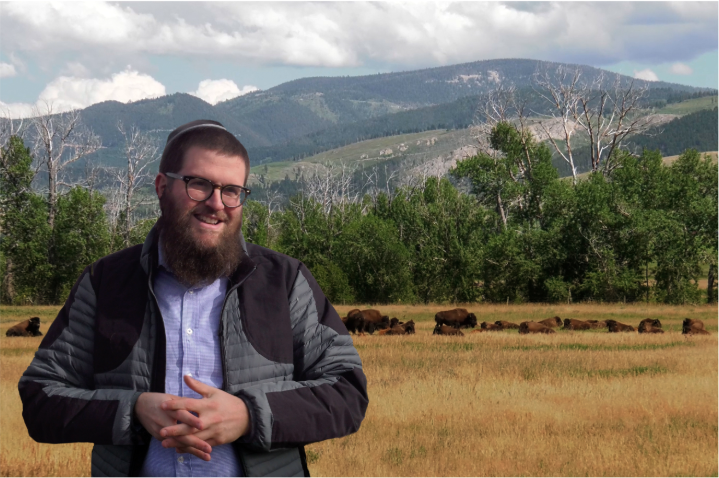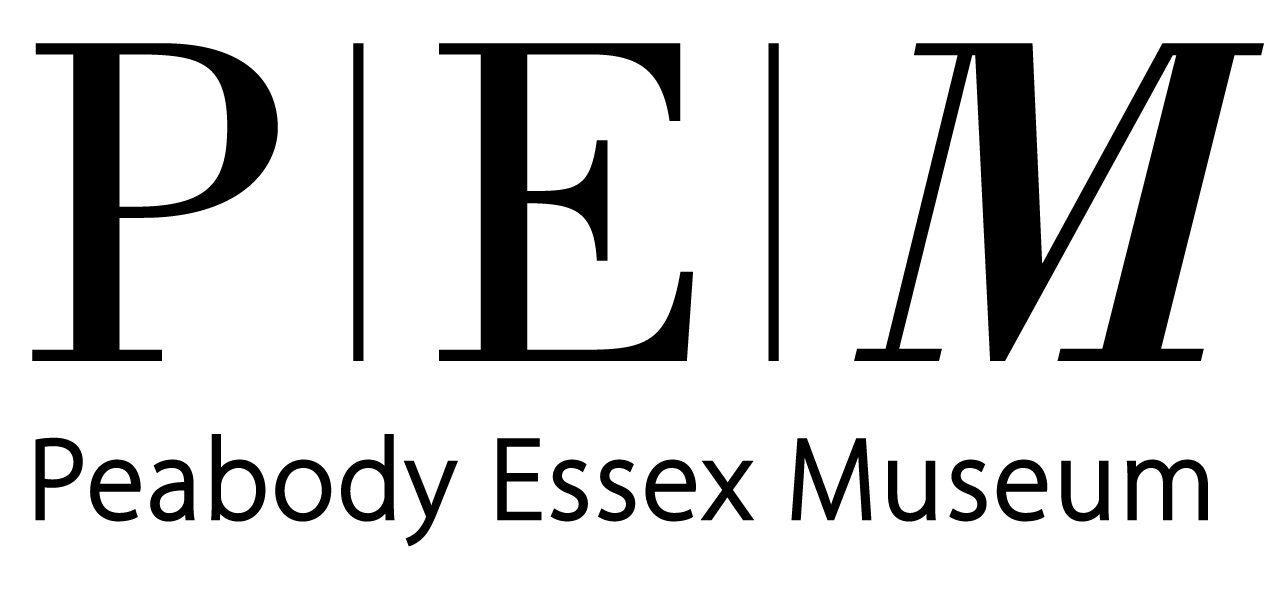The co-directors of THE RABBI GOES WEST are filmmakers Amy Geller, who teaches courses on production at Boston University and was previously the Artistic Director of the Boston Jewish Film Festival, and Gerald Peary, a veteran film critic for the Boston Phoenix and programmer for Boston University Cinematheque. In the film, they follow Chaim Bruk, a charismatic 34-year-old Hasidic Chabad-Lubavitch rabbi from Brooklyn, who brings his evangelical strand of Judaism to Bozeman, Montana, with the mission to place a mezuzah (encased Jewish prayer offering) on the doorpost of every Montana Jew. As he travels across this “big sky” landscape, Chaim faces obstacles, including a terrifying neo-Nazi threat, objections from some skeptical Jews and the state’s Reform and Conservative rabbis. Will Chaim succeed in his Chabad expansion, and at what cost?Salem Film Fest will present THE RABBI GOES WEST during Week 2 (Friday, July 17 - Thursday, July 23) of our virtual film festival. Tickets may be purchased to view the film here.SFF Selection Committee member Shelley Sackett spoke with Geller and Peary ahead of the festival.
Shelley Sackett: How did the idea for THE RABBI GOES WEST first start?
Gerald Peary: It started with wanting to make a film which somehow dealt with my identity as a very secular Jew, but someone who considers myself very Jewish. I asked myself,"What do I really care about with Judaism?" I realized I love mezuzahs. Should I make something called The Mezuzah Movie? I read everything there was to know about mezuzahs, saw every movie with a mezuzah in it, learned every mezuzah song. One day, trolling the internet, I came across the true-life story of a rabbi in Montana who had a pledge to put a mezuzah on the doorpost of every Jew in the state of Montana."I thought, That could be interesting." I telephoned Rabbi Chaim Bruk in Bozeman, Montana, and asked if we could come out and watch him put up mezuzahs. He said, "Sure," and Amy Geller and I, soon as co-directors, flew out to Montana to film. This was the beginning of our movie.
THE RABBI GOES WEST directors Amy Geller and Gerald Peary
SS: Could you walk us through the process from initial spark to finished film? Did your focus change as the film progressed?
Amy Geller: Like some of my favorite observational documentaries, the film definitely evolved during the filmmaking process. At the beginning, we thought it would be a short film about a charismatic believer on a mission. But during our first shoot, we discovered that in addition to Rabbi Chaim’s Chabad shul, there was also a Reform synagogue in Bozeman. Not only was there more than one rabbi in town, but the rabbis didn’t always get along. Conflict. And then, we also discovered how little we understood about Chabad, the Hasidic sect that our main character Chaim Bruk is part of, and how controversial they were within Judaism. More conflict. Finally, you never want this to happen to people you care about, but when a group of Neo-Nazis threatened some of the Jewish leaders that we were documenting, we knew that horrific incident had to be part of our story, too. What ended up on screen was our journey of discovery in making the film.
SS: As documentary filmmakers, what motivates and inspires you?
AG: Gerry likes to say that documentary filmmaking, like fiction, is all about casting, finding a compelling subject who can command the screen. While I agree that’s an important aspect, what gets me excited is the journey of discovery, learning about other people, places, worlds, time periods. And through that discovery, I have the chance to connect and relate to those who have different experiences. Getting to share these experiences, through film festivals and public screenings, with audiences all over the world, completes the experience. I guess it boils down to empathy, discovering that we have more in common than what divides us.
SS: What has audience reaction been so far to the film?
GP: It’s been amazingly positive. We thought we were making a controversial film, and that we would get a lot of flack from Chabad for showing not everything Chabad does in a positive light, and that progressive Jews would be angry at us for making a film which is not out to bash the Hasidic world, for being too friendly to Chabad. So far, every Chabad person who has seen the film has loved it for showing Hasidism in a non-judgmental way. Secular and progressive Jews have also thanked us for teaching them things about Chabad that they didn’t know, and for making such an interesting movie!
SS: What message do you hope viewers take away from the film?
GP: We have great respect for progressive documentaries which have a strong point of view and are aiming to persuade audiences on social consciousness questions of importance. But the kind of documentary we choose to make is not one with an obvious, overt message. We are much more open-ended, committed to giving all sides their best arguments and counting on the audience to decide for itself what to believe, whose side to take. We have great faith in the intelligence and critical thinking of those who watch our movies.
SS: What do you think the importance of documentary film in our daily lives is?
AG: What’s particularly special about long-format documentary is that, as a filmmaker, you have the ability to get into the complexities of a subject or issue, to show it from different sides and, in some cases, to offer opposing perspectives. In our consume and discard media culture, I want to tell stories that encourage audiences to think critically about topics and to question their own assumptions about the world around them.
SS: What's next for you two?
GP: We are contemplating a project, perhaps a short film, about rabbis in the American civil rights movement.
SS: Anything you'd like to add?
GP: Come see THE RABBI GOES WEST in Salem! We’d love to hear your reactions and answer your questions!AG: And if you want to book a screening at your synagogue or community group, please contact us.
THE RABBI GOES WEST screened as part of SFF 2020.





